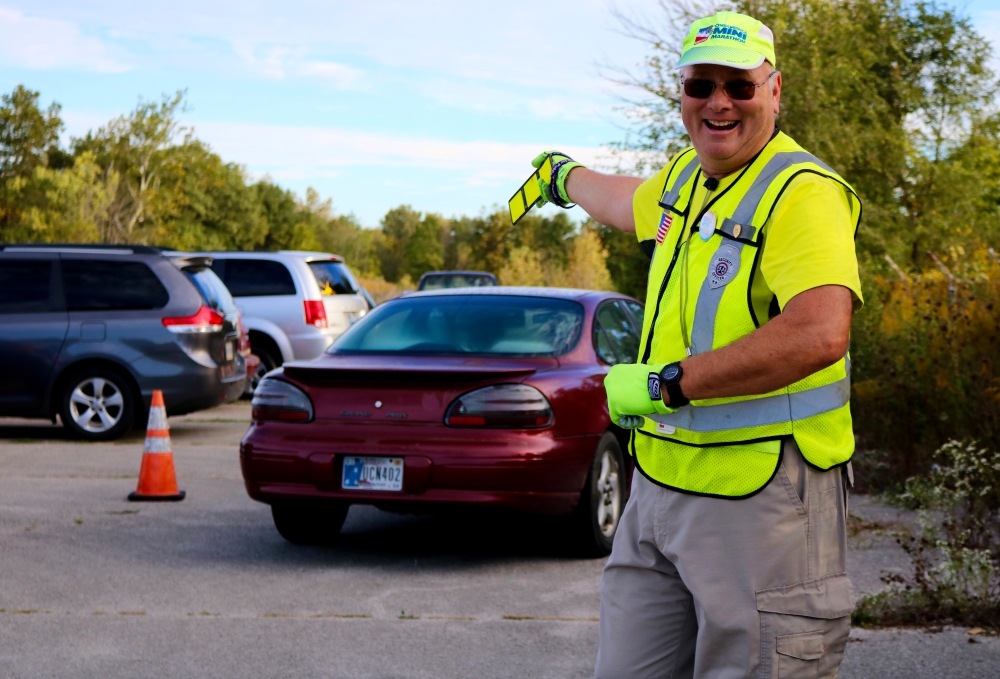Roughly 64 percent of Muncie residents live in food deserts (defined as living more than a mile from a grocery store), and one in four children do not have access to “enough food to lead a healthy, active lifestyle,” according to the U.S. Department of Agriculture. The state has more than 58,000 farms that generate in excess of $11 billion a year in sales, according to Purdue Extension, yet Indiana outsources at least 90 percent of its food.
In response to these circumstances, Muncie supports a robust and growing network of nonprofits and neighborhoods dedicated to strengthening the local food system through education and outreach.

Traditional reporting about the issues has been and continues to be done. We know the stats, and we know the problems. What’s missing? The story. Since fall 2017, Kate Elliott, Ball State instructor of journalism, has been collaborating with a team of Ball State journalism students to engage in community journalism—a more personal approach to storytelling to inspire civic engagement and community connections.
Students collect community stories
Students are talking with producers, gardeners and nonprofit leaders to reflect the obstacles and opportunities in Delaware County. The result? A series of profiles, infographics, photos and videos that inspire empathy and action around the issues related to food, access and quality of life.

Our storytelling movement includes:
- Profiles invite you into the lives of your neighbors, which often speak to greater issues and opportunities facing the community.
- Resource guides detail regional pantries, markets and farms alongside information about composting and personal gardening.
- Digital cookbook encourages Muncie residents to share stories, ideas and recipes online.
The return of recipe cards
Through a more grassroots effort, we’re distributing recipes cards throughout the community to encourage Muncie residents to come to the table. A traditional recipe on one side and a blank page on the other so that you can share—your story, a favorite memory related to food or a hope for Muncie’s food system, for instance. Then what? We hope the below options encourage neighbors to connect, bring families to the table and open all our eyes to the needs of Muncie.
- Give your card to a friend or family member to encourage him or her to tackle the dish and read your story.
- Drop it off in any of Muncie’s Little Free Libraries for a neighbor to pick up and be inspired to cook and share.
- Return it to our team to add to our digital cookbook, as a way of sharing your story and recipe with the region.



